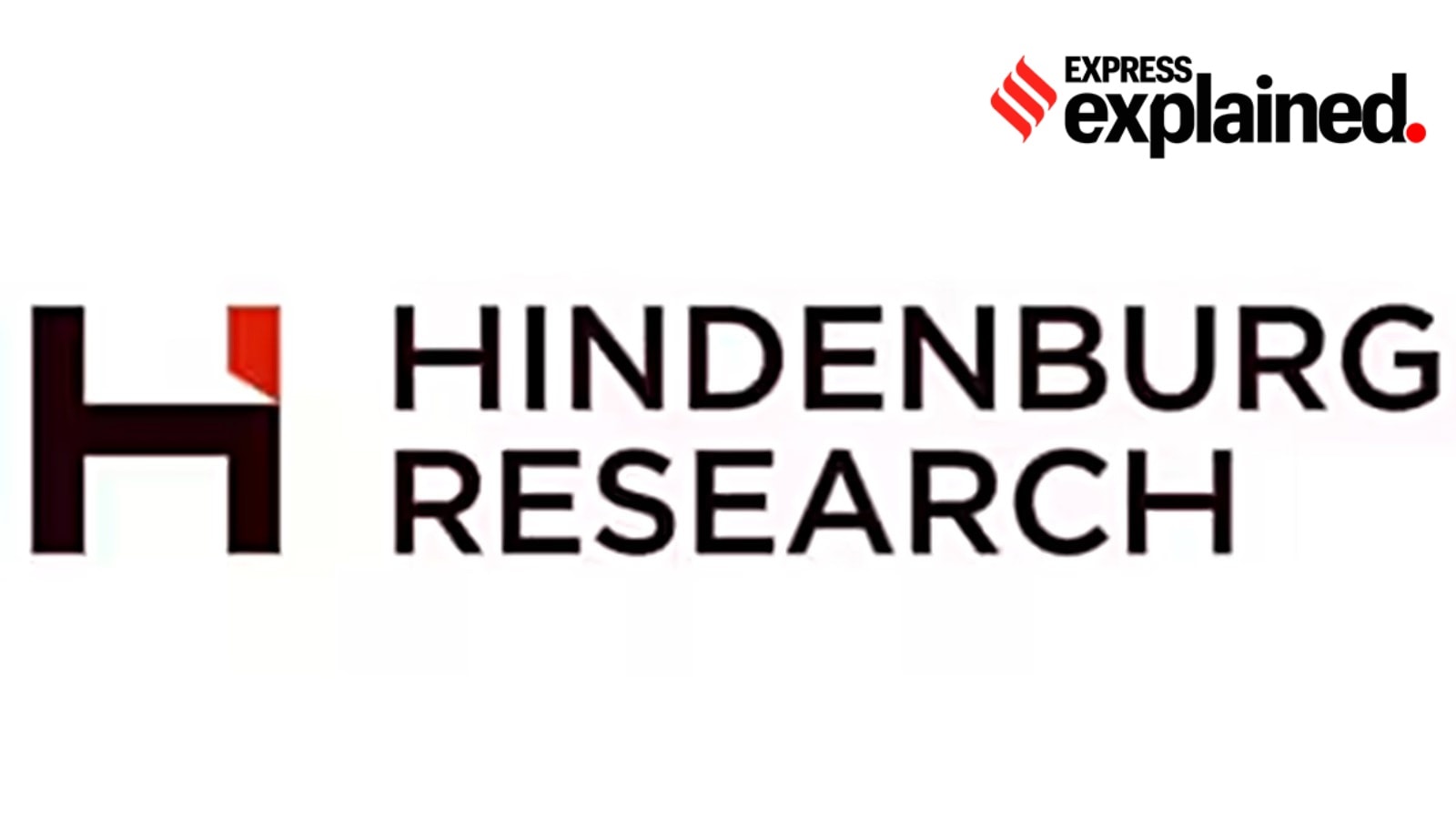 |
|
The sudden announcement of Hindenburg Research's disbanding sent ripples through the financial world. This US-based firm, known for its aggressive short-selling tactics and high-profile investigations into corporate malfeasance, achieved notoriety in 2023 with its damning report on the Adani Group, a massive Indian conglomerate. The report, which detailed allegations of stock manipulation and accounting fraud, triggered a significant downturn in Adani's stock prices, although they later recovered. The firm's founder, Nate Anderson, attributed the decision to disband to a combination of factors, primarily the intense pressure and focus demanded by their work, which ultimately led to personal burnout and a desire to regain balance in his life. While Anderson didn't explicitly detail a specific reason beyond personal fulfillment, the intensity of their investigations, often involving high-stakes legal battles and powerful adversaries, is undoubtedly a significant contributing factor. The timing, occurring after the completion of several ongoing investigations and the sharing of findings with regulatory bodies, suggests a planned and deliberate conclusion to Hindenburg's activities, rather than a reactive response to external pressures.
Hindenburg Research's methodology focused on what it termed 'forensic financial research.' This involved delving deep into a company's financial records, seeking out inconsistencies, irregularities, and potential instances of fraud. They weren't simply reacting to market fluctuations; instead, they actively sought out what they believed to be hidden truths behind seemingly successful corporations. The firm's success lay in its ability to uncover hard-to-find information from unconventional sources, often revealing patterns of accounting irregularities, questionable management practices, and undisclosed related-party transactions that were overlooked by traditional financial analysts. Their impact on the corporate landscape was undeniable. They boast of having contributed, in part, to the civil or criminal charges levied against nearly 100 individuals, some of them billionaires and oligarchs. These successes highlight the potential power of diligent investigative journalism and forensic financial analysis in holding powerful corporations accountable.
The Adani Group case, however, remains their most prominent and controversial undertaking. The report's release significantly impacted the Adani Group's valuation, shaking investor confidence and prompting investigations from various regulatory bodies. While the Adani Group vehemently denied the allegations, the investigation's lasting influence and the ensuing legal and regulatory scrutiny demonstrate the significant weight of Hindenburg’s accusations. The subsequent indictment of the Adani Group by US prosecutors on bribery charges, though unrelated to Hindenburg's initial report, underscores the ongoing challenges faced by the conglomerate in the wake of the scandal. Beyond Adani, Hindenburg's investigations also targeted other prominent companies. Their report on Lordstown Motors, an electric truck startup, questioned the validity of its pre-order numbers, resulting in management upheaval and financial difficulties for the company. Another high-profile investigation focused on Nikola, an electric vehicle company, revealed misleading claims about its technology and partnerships, leading to a substantial settlement with the US Securities and Exchange Commission. These examples showcase Hindenburg’s willingness to take on even the most powerful players in the market, and the potential impact of their investigations on corporate accountability.
Anderson's decision to open-source his firm's investigative methods represents a significant contribution to the field of financial research. Sharing their model and techniques will likely empower other researchers and potentially strengthen corporate oversight. This act of transparency, while unusual for a firm in this line of work, reflects Anderson's commitment to promoting greater accountability within the financial sector. This act of transparency adds another layer of significance to Hindenburg’s legacy, shifting the focus from solely the investigations themselves to a broader advancement of investigative techniques and tools available to those seeking to uncover corporate malfeasance. The disbanding of Hindenburg Research marks the end of an era in corporate investigations. While the firm's controversial tactics and aggressive approach undoubtedly garnered both praise and criticism, its impact on corporate accountability and financial transparency is undeniable. Its legacy will likely be debated for years to come, but the ripples created by its investigations will continue to resonate throughout the financial world.
Source: Why Hindenburg Research, firm behind Adani Group allegations, is disbanding
